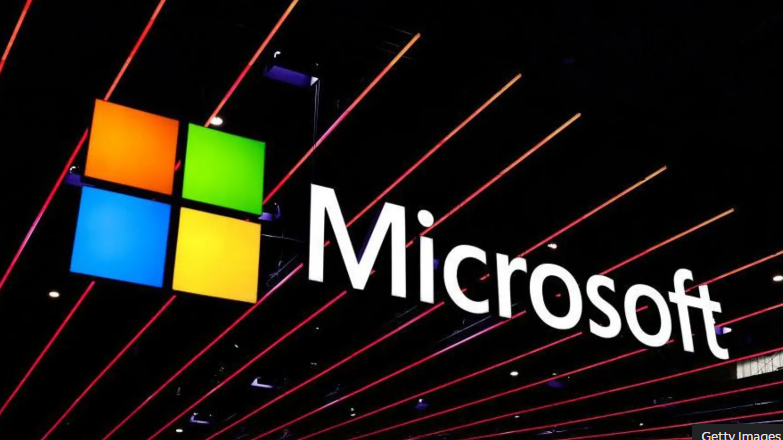Mustafa Suleyman, Microsoft’s head of AI, has indicated that Artificial Intelligence (AI) assistants with “really good long-term memory” will be available within a year. He explained that products capable of recalling conversations, projects, and issues will encourage users to invest more time in them and share more of their personal histories.
“I think we’re moving to a fundamentally new age where there will be ever-present, persistent, very capable co-pilot companions in your everyday life,” he remarked during an exclusive interview with the BBC.
However, critics have raised significant concerns regarding this level of integration, including issues related to data security and privacy, as well as the risk of AI tools providing poor advice or misinformation, or exhibiting inherent bias against the individuals they are meant to assist.
In contrast, AI proponents argue that for these tools to be genuinely useful, they must be deeply integrated into our lives. They contend that AI can only be truly effective if it understands the history and context of the tasks it is assigned. For instance, an AI diary manager needs access to your diary, the ability to edit it, and retention of information about your activities to effectively organize your schedule.
Suleyman noted that many people’s expectations around privacy have evolved over time. He pointed out that devices like TVs, laptops, phones, in-car cameras, and earbuds are already “recording continuously everywhere” in everyday settings.
He cited the iPhone feature called Live View, which captures video and audio simultaneously with a photo, as an example. “Most people love that feature,” he stated, adding, “Some people turn it off, but that’s a very distinct shift in the default expectation of what a photo is.”
He emphasized that the advantages of such technology, individuals’ feelings of control over its use, and their trust in the provider are crucial elements influencing whether they choose to embrace it.
Game Changer or Bubble?
Microsoft has poured billions into OpenAI, the creator of ChatGPT, positioning itself as a frontrunner in the competitive race to harness and control this rapidly evolving technology. However, some research indicates that consistent user engagement may be lacking. A poll from the Reuters Institute published in August revealed that while 29% of respondents in the UK had tried ChatGPT, only 2% reported using it daily.
Mustafa Suleyman acknowledged that consumer AI tools might never achieve the universal popularity of smartphones. “Maybe this is different from the smartphone,” he remarked. “Nearly 90% of the planet has a smartphone. Maybe that will be different. Maybe 50% will reject [AI tools].”
Despite this, he noted that AI has become the fastest-growing and most widely adopted technology in history, even amidst its inherent risks. Suleyman firmly dismissed the notion, held by some industry observers, including Jim Covello of Goldman Sachs, that AI could evolve into a bubble akin to previous tech fads.
He shared a personal anecdote about a woman who credited a chatbot he developed called Pi for providing the guidance and motivation to start her own business. “We are clearly producing personalized, interactive knowledge at your fingertips at zero marginal cost,” he stated. “The idea that this could be a bubble is utterly beyond me.”
In line with its AI ambitions, Microsoft recently unveiled several new features for its AI assistant range, CoPilot. These include a voice function, a daily news digest, and a slower chatbot for complex inquiries called Think Deeper.
Additionally, they introduced CoPilot Vision, a tool integrated into the Edge web browser that will observe web pages and provide “assistance” during online activities. Microsoft clarified that Vision will not record or store data, must be manually activated, and will deactivate at the end of each browser session. They also mentioned that the tool will have limited site compatibility and no release date has been set yet.
In the summer the tech giant paused the release of an AI tool called Recall, which takes screenshots every few seconds in order to help users find things they were looking at or working on previously, following a backlash from privacy campaigners and enquiries from the UK’s data watchdog about it.
It will be re-launched in November with additional security measures



